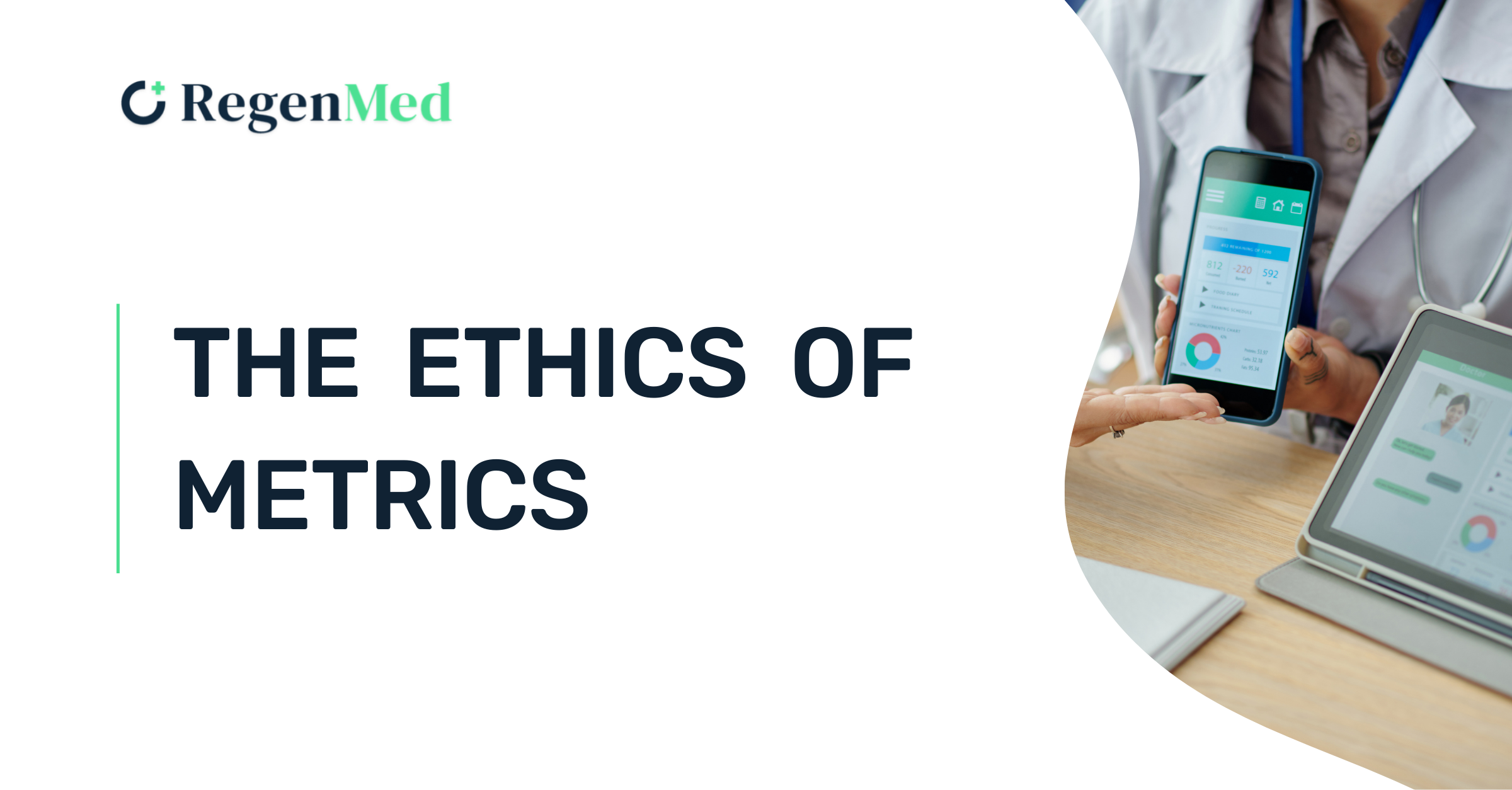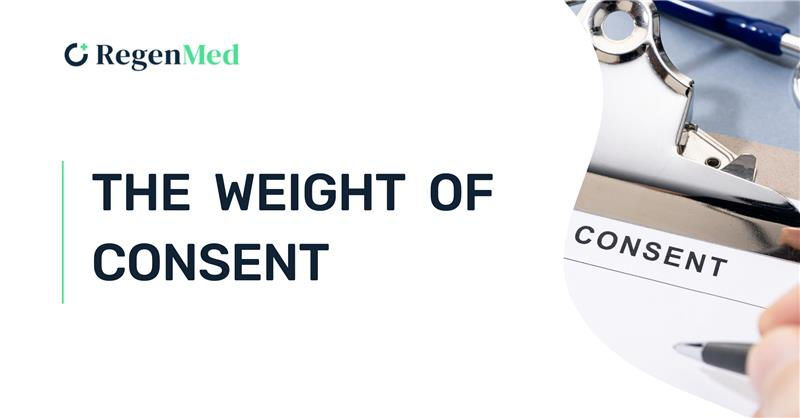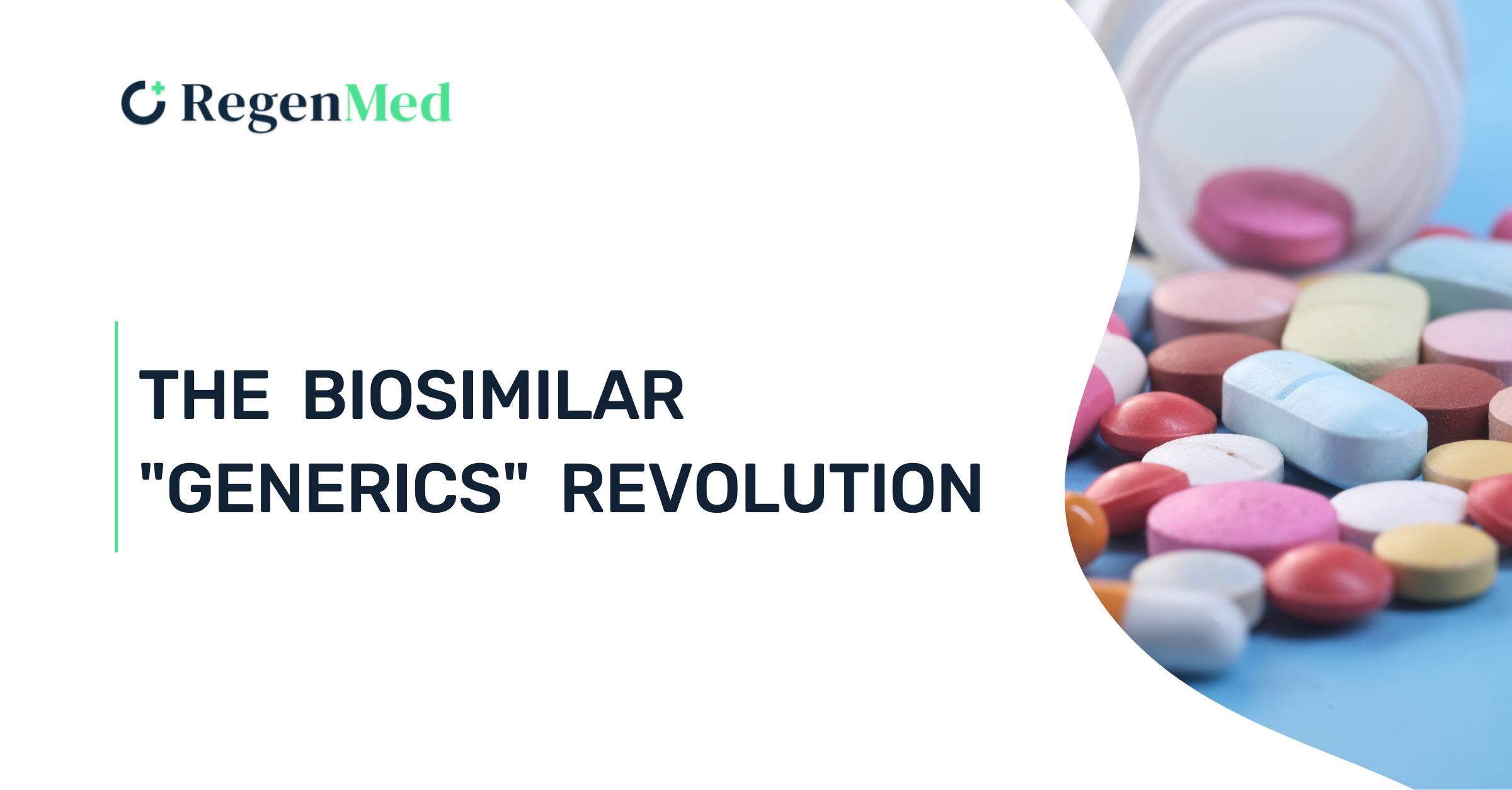The Ethics of Metrics
When measurement becomes the mission, science loses its soul. Discover how metrics quietly transformed research — and why reclaiming meaning now matters more than ever.
The PremiseMetrics were born as tools of accountability. They promised to render the invisible work of science visible — to measure contribution, efficiency, and impact in a fair and standardized way. But as in all systems where measurement becomes identity, the instrument has consumed the intent. What began as an aid to judgment has become its replacement. In modern research, to be good is to be measurable, and what cannot be counted ceases to count. This transformation is not merely administrative; it is moral. It converts the pursuit of truth into the pursuit of indicators — citation counts, h-indexes, impact factors, altmetrics. Each of these, originally designed to illuminate influence, now distorts it. Metrics have become moral proxies, absolving institutions of the need for discernment. The Distortion Once metrics become ends rather than means, corruption is no longer an aberration — it is compliance. Scientists learn to optimize the visible signals of productivity: fragmented publications (“salami slicing”), reciprocal citations, and strategic authorship. The logic of the market invades the logic of inquiry. In such an environment, genuine discovery is penalized if it cannot be quickly or widely measured. The long, uncertain pursuit of fundamental understanding — the kind of work that often changes the world decades later — is devalued. Systems designed for fairness end up rewarding conformity, creating a moral inversion: the metrics of virtue replace the virtues themselves. The Consequence The ethical consequence of this metricization is alienation. Researchers begin to experience their own work not as calling, but as calibration. The joy of discovery yields to the anxiety of performance. Academic communities fracture into citation cartels and metric-driven tribes, each vying for algorithmic visibility. The result is epistemic inflation: a glut of measurable output with diminishing intellectual value. Metrics, which once promised to democratize recognition, now amplify inequality. Elite institutions, already advantaged, dominate the statistical landscape, their prestige self-perpetuating through the very indicators meant to neutralize it. The Way ForwardMetrics must return to their moral context — as instruments of stewardship, not judgment. Institutions can reclaim ethical balance by reintroducing qualitative assessment: peer evaluation that values originality and contribution over volume and reach. Funding agencies can weight integrity disclosures and replication efforts equally with publication counts. Above all, the research community must remember that measurement without meaning is not accountability; it is abdication. To measure science ethically is to measure its service to understanding, not its reflection in the mirror of itself. Selected References RegenMed (2025). Genuine Medical Research Has Lost Its Way. White Paper, 2025.Hicks, D., et al. (2015). The Leiden Manifesto for Research Metrics. Nature, 520(7548), 429–431. Biagioli, M., & Lippman, A. (Eds.). (2020). Gaming the Metrics: Misconduct and Manipulation in Academic Research. MIT Press. Muller, J. Z. (2018). The Tyranny of Metrics. Princeton University Press. Moher, D., et al. (2018). Assessing Scientists for Hiring, Promotion, and Tenure. eLife, 7:e33638. Wilsdon, J. (2015). The Metric Tide: Report of the Independent Review of the Role of Metrics in Research Assessment and Management. HEFCE. Get involved or learn more — contact us today!If you are interested in contributing to this important initiative or learning more about how you can be involved, please contact us.
See more


.png)




